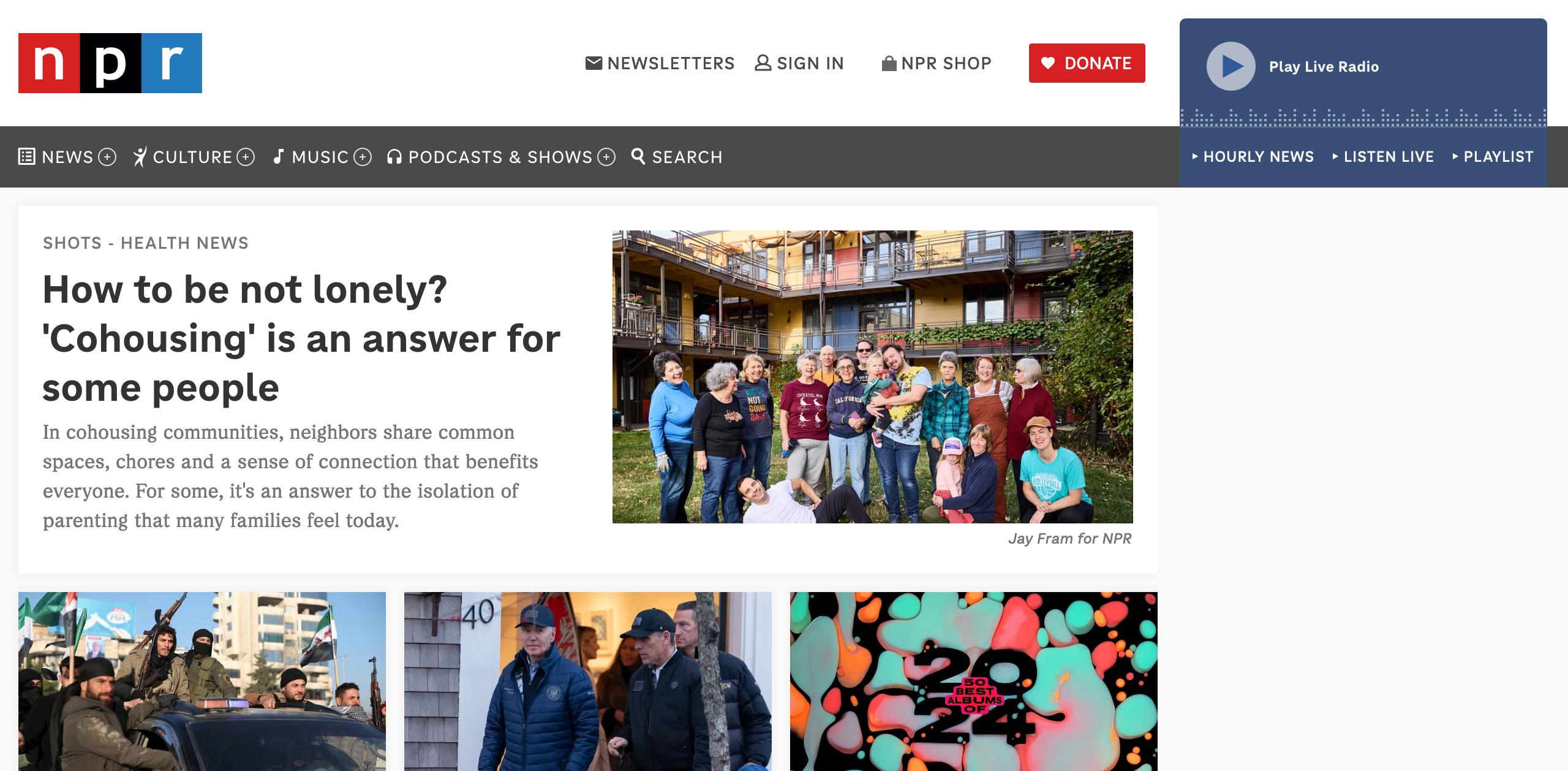NPR reported this morning about Univision CEO Daniel Alegre’s recent public observations about presidential campaigns. Alegre has argued that successful campaigns will do more than offer ads in English and must engage Spanish-language media.
Part of this interview involved a question about whether Univision should be more critical of Trump’s claims, including on air with him. This question emphasized that its one of its most prominent journalists has been critical of the way Univision has covered this politician.
Alegre in the interview this morning was allowed to sidestep the question and offer some platitudes about the organization he leads. The interviewer asked no follow-ups, and didn’t even note that Alegre hadn’t answered the question, were presented.
I was dismayed but not surprised. I’ve noticed that NPR often allows its interviewees to avoid answering questions, including and especially more challenging ones.
I should first clarify that I generally agree with Alegre that multilingual campaigns will likely be more successful because they’re more inclusive, and that American attitudes about multilingualism are surprisingly uninformed and embarrassing provincial. At the same time, I’m increasingly aware of the need for a shared cultural context, which could include a shared language, for successful communication and full participation.
My bigger concern this morning is this seeming strategy to placate anyone who agrees to go on the air with NPR reporters. Some seem more willing to challenge responses than others, but most seem reluctant to do so, which makes me wonder whether this non-confrontational approach is an organization-wide strategy.
Such a strategy clearly contrasts I believe with many BBC interviews I hear, which on my local NPR station are broadcast after the NPR morning news program. Those BBC interviewers don’t always elicit answers to their questions but seem relatively willing to confront interviewees who refuse to do so.
Perhaps the NPR reporter asked follow-up questions and even confronted Alegre in the actual interview, and some editor or producer decided to remove that part for the on-air account. That however would suggest a bigger problem I believe.
A functioning press has long been a central component in successful democratic societies. This need is greater now in this misinformation and disinformation era more than ever.
NPR must do a better job of confronting public figures, and reporting the results of such efforts. That, especially if direct yet dignified, could provide a model of all of us who aspire to such conversations in our everyday lives.

Leave a Reply